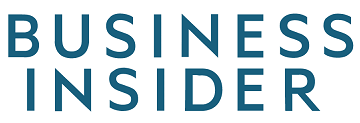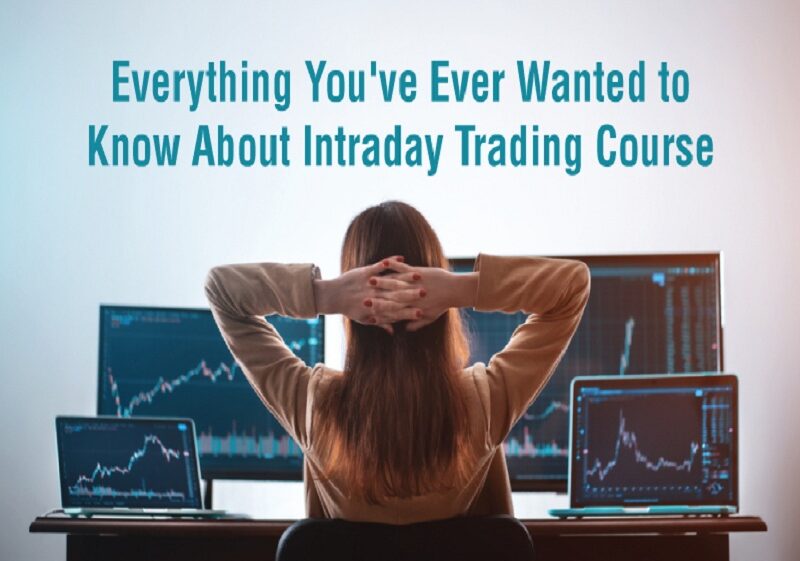In the world of commodity trading, finding the right broker can make all the difference between success and failure. With the rise of Contract for Difference (CFD) trading, investors have a plethora of options when it comes to choosing a broker. However, not all brokers are equal, and selecting the right one requires careful consideration of several factors. In this comprehensive guide, we will delve into the essential elements you should weigh when choosing a commodity CFD broker to ensure a smooth and profitable trading experience.
Understanding Commodity CFD Trading
Before diving into the factors to consider when choosing a commodity CFD broker, let’s first understand what commodity CFD trading is. CFD trading allows investors to speculate on the price movements of various assets, including commodities, without owning the underlying asset. Instead, traders establish contracts with brokers based on the price movements of commodities like gold, oil, or agricultural products.
Commodity CFD trading offers several advantages, including leverage, flexibility, and the ability to profit from both rising and falling markets. However, it also carries inherent risks, such as volatility and the potential for significant losses. Understanding these aspects is crucial for anyone considering entering the commodity CFD market. For instance, to prepare for trading base metals,make sure to explore the copper price development trend.
Regulatory Compliance and Reputation
One of the most critical factors to consider when choosing a commodity CFD broker is regulatory compliance and reputation. Regulation ensures that brokers operate within legal boundaries and adhere to strict financial standards, providing investors with a level of protection and security. When evaluating a broker, look for regulatory bodies such as the Financial Conduct Authority (FCA) in the UK or the Australian Securities and Investments Commission (ASIC) in Australia.
In addition to regulatory compliance, consider the broker’s reputation within the industry. Look for reviews, testimonials, and any history of regulatory violations or customer complaints. A broker with a solid reputation for transparency, reliability, and ethical conduct is more likely to provide a safe and trustworthy trading environment.
Trading Platform and Tools
The trading platform is the primary tool for executing trades and accessing market data, making it essential to choose a broker with a reliable and user-friendly platform. Look for features such as intuitive navigation, customisable charts, and real-time price quotes. Additionally, consider whether the platform is compatible with your preferred devices, whether it is desktop, web-based, or mobile.
In addition to the trading platform, consider the availability of analytical tools and resources offered by the broker. These may include technical analysis indicators, economic calendars, and market research reports. A broker that provides comprehensive tools and resources can help traders make informed decisions and improve their trading strategies.
Range of Commodities Offered
Diversification is critical for successful commodity trading, so it is essential to choose a broker that offers a wide range of commodities to trade. Look for brokers that provide access to significant commodities such as gold, silver, oil, and agricultural products, as well as niche commodities like palladium or natural gas. Additionally, consider the liquidity and spread for each commodity, as tighter spreads and higher liquidity can lead to more favourable trading conditions.
Trading Costs and Fees
Trading costs and fees can have a significant impact on your overall profitability, so it is crucial to understand and compare the fee structures of different brokers. Common fees associated with commodity CFD trading include spreads, commissions, and overnight financing charges. While some brokers may offer low spreads or commission-free trading, be wary of hidden fees or high financing charges that can eat into your profits over time.
Customer Support and Service
In the fast-paced world of commodities trading, responsive and helpful customer support is essential. Look for brokers that offer multiple communication channels, including phone, email, and live chat, with knowledgeable and friendly support staff available to assist you with any issues or questions. Additionally, consider the broker’s reputation for customer service by reading reviews and testimonials from other traders.
Educational Resources and Research
Continuous learning and market analysis are essential for success in commodities CFD trading, so it is vital to choose a broker that provides access to educational materials and research tools. Look for brokers that offer tutorials, webinars, and articles on trading strategies, as well as access to research reports and analysis from market experts. A broker who invests in trader education demonstrates a commitment to helping clients succeed in the markets.
Security of Funds and Account Protection
The security of your funds should be a top priority when choosing a commodity CFD broker. Look for brokers that adhere to strict security protocols, such as encryption technology and segregated client accounts, to protect your funds from theft or fraud. Additionally, ensure that the broker is regulated by a reputable regulatory authority, which provides an additional layer of protection for investors.
Conclusion
Choosing the right commodities CFD broker is a crucial decision that can significantly impact your trading success. By considering factors such as regulatory compliance, trading costs, customer support, and educational resources, you can make an informed decision that aligns with your trading goals and preferences. Remember to conduct thorough research and due diligence before selecting a broker, and do not hesitate to reach out to customer support or other traders for assistance if needed. With the right broker by your side, you can navigate the commodity CFD market with confidence and maximise your trading potential.


